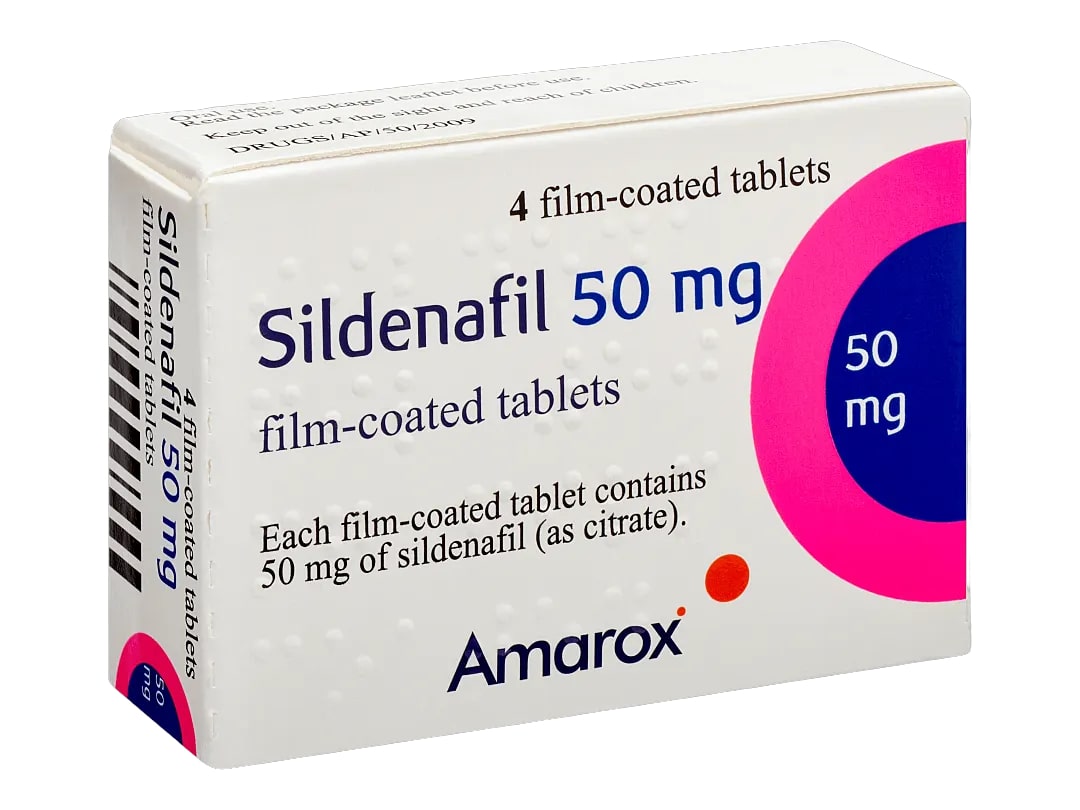Why Choose Sildenafil?
Improved Blood FlowEnhance your overall cardiovascular health through regular exercise and a balanced diet, which can naturally improve blood flow and support sexual function.
Reduced StressManage stress levels through relaxation techniques like meditation or yoga, as chronic stress can negatively impact sexual desire and performance.
Open CommunicationMaintain open and honest communication with your partner about sexual needs and concerns, fostering intimacy and satisfaction.
Healthy LifestyleAdopt a healthy lifestyle that includes regular sleep, proper nutrition, and avoidance of smoking and excessive alcohol consumption to optimize overall health and sexual well-being.
Consult a Healthcare ProfessionalSeek guidance from a healthcare professional to address any underlying medical conditions or concerns that may be affecting sexual function, ensuring personalized and effective treatment.
Always follow your doctor’s instructions for the best results and safety.


